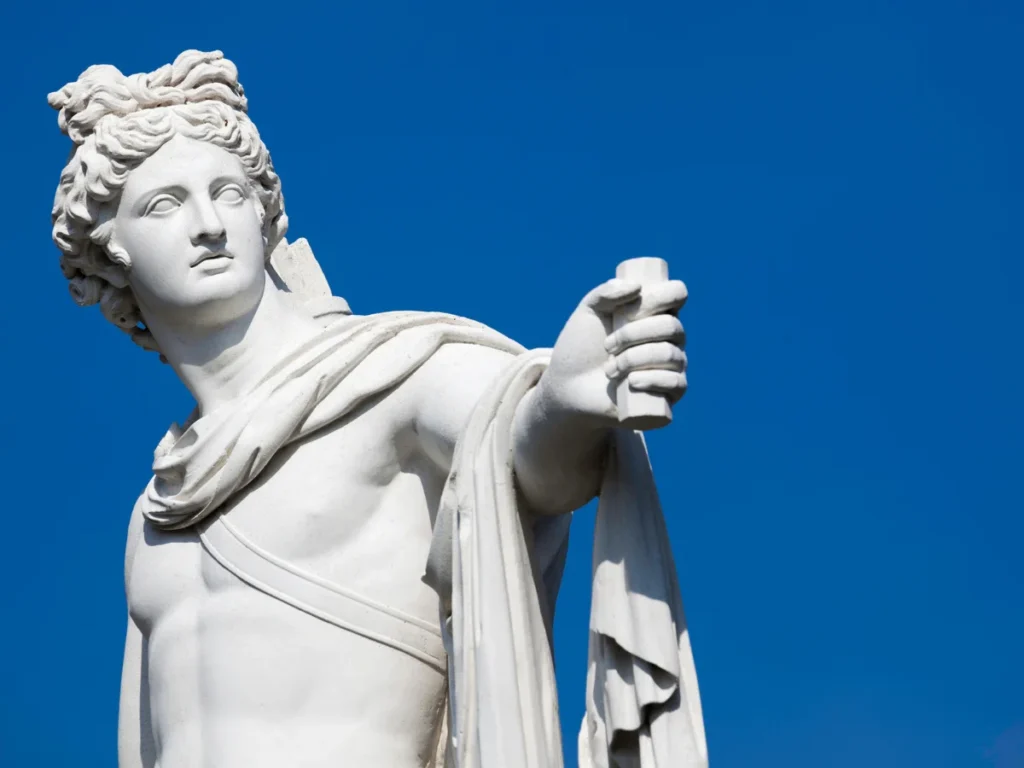Cleopatra was an enigmatic queen of Egypt
Cleopatra was an enigmatic queen of Egypt, known for her captivating allure and remarkable intellect. Hailing from the Ptolemaic dynasty, she navigated the treacherous waters of politics with shrewd diplomacy. Her romantic liaisons with Julius Caesar and Mark Antony shaped the fate of empires, leading to the infamous Battle of Actium. Cleopatra’s legacy endures as a symbol of power, passion, and the intricate interplay of love and politics in the ancient world.

Cleopatra was an enigmatic queen of Egypt
Greek Origins and the Ptolemaic Dynasty
Cleopatra VII, often simply referred to as Cleopatra, was a captivating figure of antiquity, renowned for her intelligence, charm, and political acumen. Born in 69 BCE in Alexandria, Egypt, she was a descendant of the Ptolemaic dynasty, a Greek royal family that had ruled Egypt since the death of Alexander the Great in 323 BCE. Cleopatra was of Greek descent, tracing her roots back to Ptolemy I, a general in Alexander’s army who became the founder of the Ptolemaic dynasty.
The Ptolemaic Struggles for Power
The Ptolemaic dynasty was marked by internal strife and familial disputes for control over Egypt. Cleopatra’s family had a tradition of intermarriage among siblings to consolidate power and maintain their Greek heritage. This practice, while intended to preserve the dynasty’s purity, often resulted in familial rivalries and political instability. Cleopatra herself had several siblings, and her ascension to the throne was not straightforward. She faced opposition from her brothers and was exiled at one point, but with her intelligence and political astuteness, she managed to regain the throne.
Alliance with Julius Caesar
One of Cleopatra’s most notable relationships was with the Roman general and statesman Julius Caesar. In 48 BCE, she sought refuge in Alexandria after being driven out by her brother and co-ruler Ptolemy XIII. Cleopatra’s legendary meeting with Caesar involved her famously sneaking into his presence, rolled up in a carpet. Her intelligence and charisma captivated Caesar, and the two soon became lovers and allies. With Caesar’s support, Cleopatra regained her throne, and they had a son together named Caesarion.
Mark Antony and the Alliance that Shaped History
Following Julius Caesar’s assassination in 44 BCE, Cleopatra aligned herself with another powerful Roman, Mark Antony. Her relationship with Antony was not just political but deeply romantic. Their alliance would change the course of history, as the two sought to establish their own power in the Roman world.
Cleopatra played a crucial role in supporting Antony’s campaigns in the East, providing him with troops and ships. However, their love affair and political ambitions led to conflict with Octavian (later Emperor Augustus), another Roman general who sought sole control of the Roman Empire. The Battle of Actium in 31 BCE marked the climax of this power struggle, where Cleopatra and Antony’s forces were defeated by Octavian’s navy.
Tragic End and Legacy
In the aftermath of their defeat, Cleopatra and Antony took their own lives in 30 BCE, a dramatic end that resonated through history and literature. Egypt became a Roman province, marking the end of the Ptolemaic dynasty and the Hellenistic era in Egypt.
Cleopatra’s legacy endures as one of history’s most iconic and influential women. Her intelligence, charisma, and political maneuvering left an indelible mark on the ancient world. She continues to be a subject of fascination in literature, art, and popular culture, symbolizing both the allure of Egypt and the power of a remarkable woman in a tumultuous time.
More History

Alexander the Great
Alexander the Great, a renowned Macedonian conqueror, rose to power in the 4th century BCE. His military campaigns expanded the Macedonian Empire across Asia.

King Leonidias of Sparta
Leonidas, a legendary king, valiantly led 300 Spartans in the Battle of Thermopylae against the Persian invasion. His bravery and sacrifice continue to inspire generations in warfare and leadership.

Cleisthenes of Athens
Cleisthenes, a statesman in ancient Greece, is hailed for laying the foundations of Athenian democracy through his reforms. His innovative political changes reshaped the course of history.
